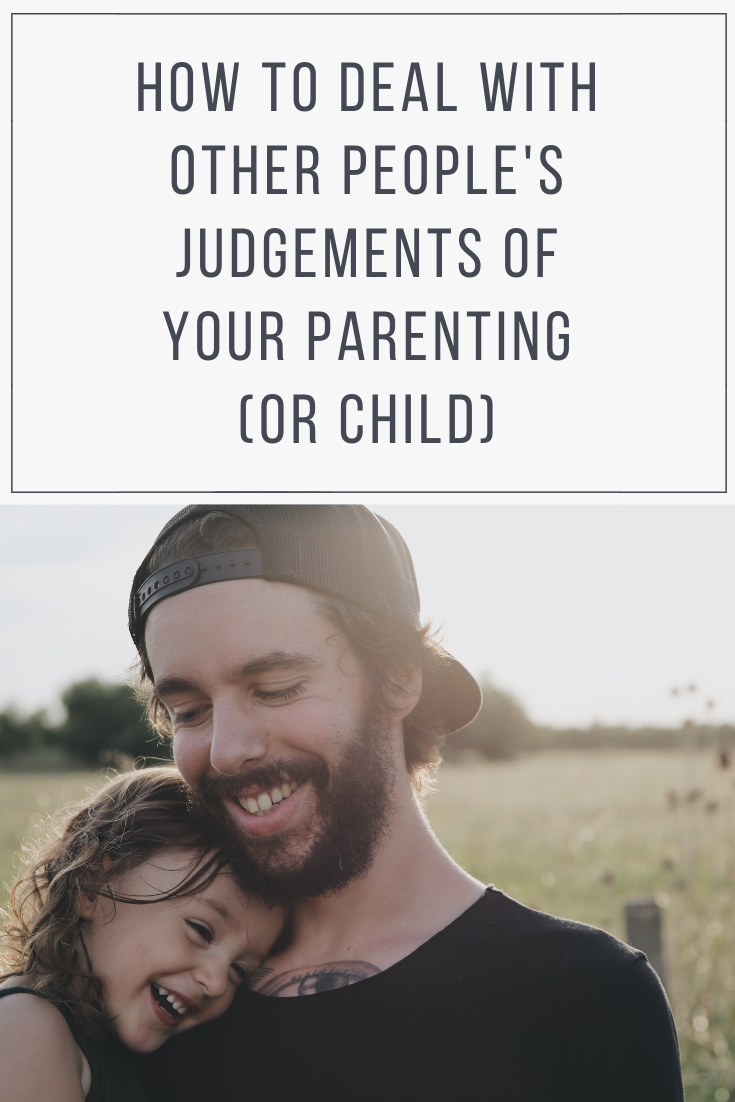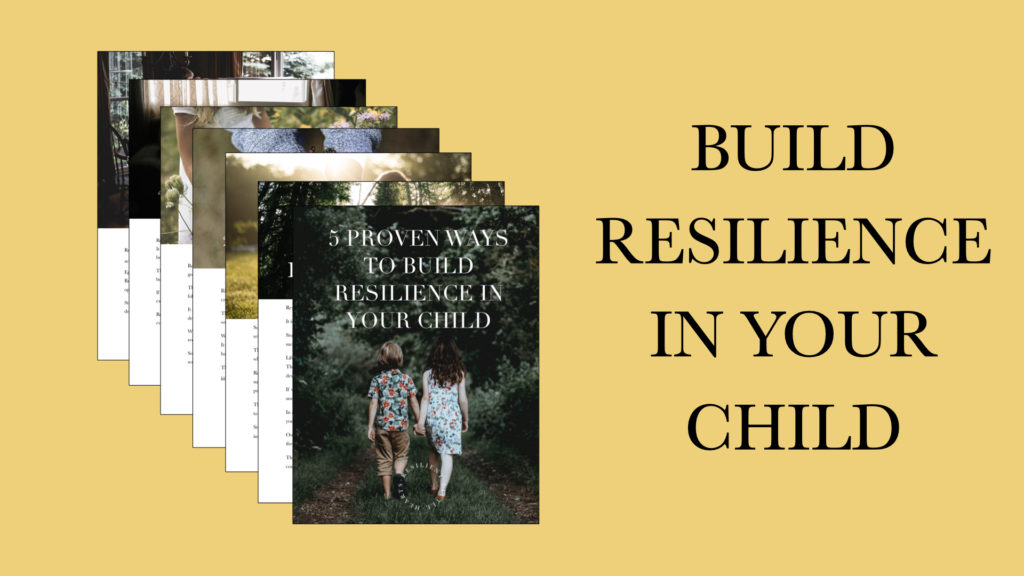5 Proven Ways To Build Resilience In Your Child
How To Deal With Other People’s Judgements of your Parenting (or Child)
Whether you are choosing a different parenting style than those around you, or you are raising a child that doesn’t fit “the norm” (such as a highly sensitive child or additional needs), it is likely that you have experienced other people’s judgements.
This judgement may come from strangers in public, extended family or friends, giving unsolicited “feedback” or negative comments about your parenting style, or your child.
Parenting is one of the most opinionated topics in the world for a few reasons…
Firstly, parenting & raising children is something that many people have personally experienced.
Parenting is also highly value-driven, meaning that people parent based on their own internal value system.
And parenting is highly emotional because it is involving children, & the majority of people want the best for their children & would do anything to help them.
So when you become a parent, you are entering an arena that is already highly emotionally charged.
If you are blessed to be surrounded by like-minded or supportive individuals, this new adventure is still challenging, but you know there’s a safe place to fall.
But if you are surrounded by people who don’t agree with your decisions, or do not understand your child and their needs, then this navigating this new environment becomes particularly daunting.
In this case, parenting can become an isolating experience, which doesn’t just affect your own mental and emotional wellbeing, but also causes you to doubt yourself and your decisions about your child.
It’s important that we learn to deal with other people’s judgements, so that we can feel confident within ourselves, & make the right decisions for our child.
Here’s our guide of how to navigate the sometimes toxic & isolating journey of parenting when others don’t understand…

HOW TO DEAL WITH OTHER PEOPLE’S JUDGEMENTS OF YOUR PARENTING (OR CHILD) –
What is your parenting values and philosophy?
How do you want to raise your child?
Are you raising a child with additional needs – specifically what are those needs?
When we are surrounded by other opinionated people, we lose our sense of who we are and what we want.
Write down what you understand and believe. You may need to read books or articles to help you gain further understanding yourself.
Although none of us like having a stranger in public, shame us about our parenting, more than likely the people you are most concerned about, you already know.
Is it your best friend, in-laws, your own parents or extended family?
Get clear on who you are most concerned about, & then write out the topic areas of difference. Try to be as specific as possible.
When you can be clear and specific it will help you more rationally understand the situation.
What could you say to others to help them understand?
This is particularly helpful when your child is highly sensitive or has additional needs.
Many times other people really just don’t understand. Part of our job in advocating for our child is to help them be understood.
Rather than focus on labels, describe the challenges your child has & then frame the positive.
For example:
“He really struggles with loud noises, & it overstimulates him to a point that he cannot calm down. So we choose to keep things quieter when we can.”
“She has a tender-heart that cares for others, & we want to foster that, so we try to be as empathetic as possible.”
These short descriptions will need some forethought, so take some time to form them before you find yourself in an emotionally charged situation.
It doesn’t matter how well you explain your situation, you cannot control how someone else is going to respond.
We need to take responsibility for our own explanation & emotions. They are responsible for their response.
When someone else responds poorly, it is hurtful. This hurt often quickly becomes anger.
When we become angry it is natural to focus on the person who hurt us.
The problem is that we can become so distracted by their poor behavior that we fail to acknowledge how we actually feel.
How do you feel that they don’t understand you or your child?
This may bring up feelings of grief about the situation, or hopes you had for the future. Being honest with yourself about these feelings is what will allow healing.
Most people are completely committed to their own way of seeing the world.
Many times they will never change.
You may explain things perfectly, or a hundred times over, but they still will not ‘get’ the situation.
Your acceptance of the situation with them is one of the most challenging things to do.
But your job is not to have everyone on the same page as you, but to do what you know is best for your own child.
Parenting is a hard job – don’t do it alone!
If you are not surrounded by people who understand or encourage you, make sure you find other people that do.
These might be new friends, mothers groups or online communities (like ours) where you can feel seen and validated for your choices in parenting, & for your child.
It is not enjoyable to experience other people’s judgements of our parenting, or our child.
But it is possible to navigate these situations well, so that you can still feel confident within yourself and make the right decisions for your child.











